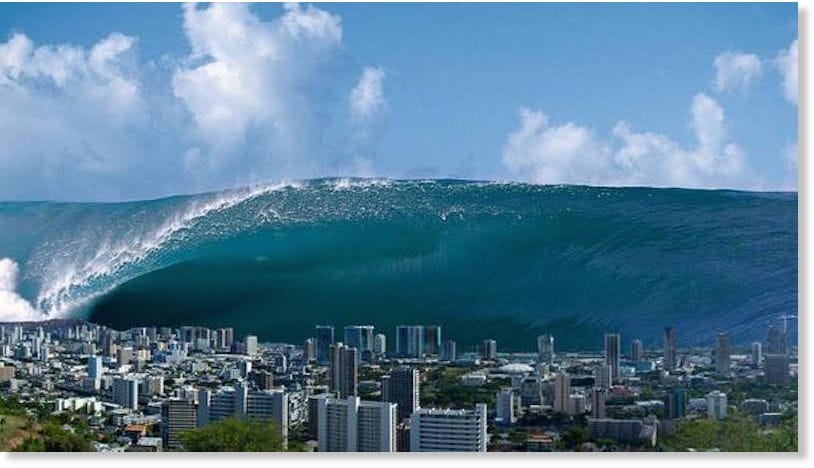The interest of former President Donald Trump in acquiring Greenland has generated considerable attention and debate, both in the United States and internationally. This notion, which initially surfaced during Trump’s presidency, raises questions about the future of Greenland and its relationship with the United States, Denmark, and other global players. As discussions continue, it is essential to consider four potential scenarios that could emerge from this geopolitical interest.
The first scenario involves a formal negotiation between the United States and Denmark regarding the sale of Greenland. Historically, Greenland has been an autonomous territory of Denmark, and any attempt by the U.S. to acquire the land would require extensive diplomatic discussions. If both parties were to engage in negotiations, it could lead to a new agreement that outlines the terms of a potential sale or lease. Such a development would necessitate careful consideration of the implications for Greenland’s residents, who may have differing opinions on the matter. The outcome of these negotiations could set a precedent for future territorial discussions and influence international relations in the Arctic region.
The second scenario centers on the possibility of increased U.S. investment in Greenland without a formal acquisition. This approach could involve the U.S. government and private companies investing in Greenland’s infrastructure, natural resources, and tourism industry. By fostering economic development, the U.S. could strengthen its ties with Greenland and Denmark while also enhancing its strategic presence in the Arctic. This scenario would likely be viewed more favorably by Greenland’s residents, as it would allow them to maintain their autonomy while benefiting from U.S. investment. Additionally, this approach could help address concerns about climate change and environmental protection in the region, as the U.S. could collaborate with Greenland on sustainable development initiatives.
The third scenario considers the potential for increased tensions between the United States and Denmark, particularly if the U.S. were to pursue aggressive actions regarding Greenland. If Trump or any future U.S. administration were to push for a more assertive stance, it could lead to diplomatic friction between the two nations. Denmark has historically maintained a strong position on its sovereignty over Greenland, and any perceived threat to that sovereignty could provoke a backlash. This scenario could also have broader implications for NATO and transatlantic relations, as Denmark is a key member of the alliance. The U.S. would need to navigate these tensions carefully to avoid damaging its relationships with both Denmark and other allies in the region.
The fourth scenario involves the potential for Greenland to assert its independence more strongly in response to U.S. interest. As discussions about acquisition or investment unfold, Greenland’s residents may feel a renewed sense of nationalism and desire for self-determination. This could lead to increased calls for independence from Denmark, as well as a push for greater control over their resources and governance. If Greenland were to pursue independence, it would require significant support from the international community, as well as careful planning to ensure a stable transition. This scenario could reshape the geopolitical landscape in the Arctic and beyond, as an independent Greenland would have the opportunity to establish its own foreign policy and economic partnerships.
In conclusion, the interest of former President Trump in Greenland presents a complex array of possibilities that could significantly impact the territory and its relationships with the United States and Denmark. Whether through formal negotiations, increased investment, heightened tensions, or a push for independence, the future of Greenland remains uncertain. As discussions continue, it is crucial for all parties involved to consider the implications of their actions and the potential consequences for the region and the world.



